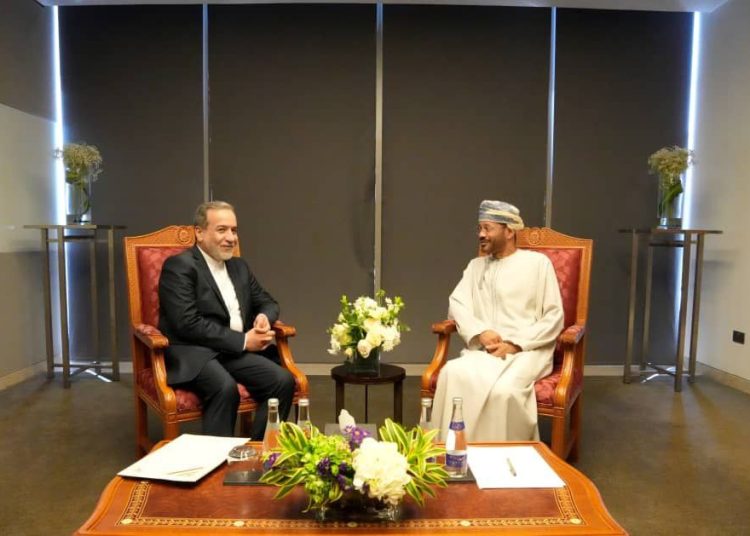As Iranian and US delegations converge on Muscat for indirect talks starting Saturday, April 12th, expectations for immediate breakthroughs are being deliberately kept low. The primary focus of this initial round, mediated by Oman, is expected to be less about concrete agreements and more about establishing a viable framework for future dialogue and gauging the fundamental positions of each side after years of heightened tension and the US withdrawal from the 2015 nuclear deal.
The Iranian team, led by Foreign Minister Abbas Araghchi and including key deputies Majid Takht-Ravanchi, Kazem Gharibabadi, and Esmaeil Baghaei, arrived alongside US Presidential Envoy Steve Witkoff. Following separate meetings with the Omani Foreign Minister, the indirect process will commence, with Oman relaying messages and potentially written texts between the two parties.
Sources familiar with the diplomatic process caution against anticipating significant outcomes from this first encounter. Saturday marks the beginning of a challenging process, not the determination of the talks’ fate. The initial goal is mutual understanding: can the two sides, despite deep mistrust and divergent demands, find common ground on how to talk before tackling the substance of what to talk about?
The central challenge for this opening round is likely to be the “battle of frameworks”. Iran is expected to lay out its core principles for engagement, potentially including:
- Rejection of any military threats.
- Limiting negotiations strictly to the nuclear issue.
- Preserving Iran’s right to nuclear enrichment within international regulations.
- A clear pathway to verifiable sanctions relief.
This contrasts sharply with stated US positions under the Trump administration, which often demand broader discussions encompassing Iran’s ballistic missile program and regional activities – areas Tehran considers non-negotiable matters. Bridging this fundamental gap in scope will be the first major hurdle.
The choice of an indirect format is itself significant. Iran’s shift from the “no war, no negotiation” stance adopted during parts of Trump’s first term to mediated talks reflects a pragmatic adjustment. While seemingly less ambitious than direct engagement, Tehran may view it as a more cautious and potentially even more viable starting point, particularly given President Trump’s perceived preference for high-profile spectacle over detailed negotiation, as suggested by experiences involving North Korea, Ukraine, and even Israel during his previous term and now.
History offers a relevant parallel. Like the initial, discreet Iran-US talks in Oman in 2012, the current round begins indirectly, with new lead negotiators. Omani mediation, crucial in averting early deadlock then, remains vital. A trusted intermediary may be key to preventing premature collapse, rather than a sign of weakness.
Ultimately, Saturday’s session in Muscat is about laying foundational groundwork. Success won’t be measured by agreements signed, but by whether a basic, mutually acceptable framework for continued, structured dialogue can emerge from the deep chasm separating Iranian and American positions and expectations. It is the tentative first step on what promises to be a long and arduous diplomatic path.






